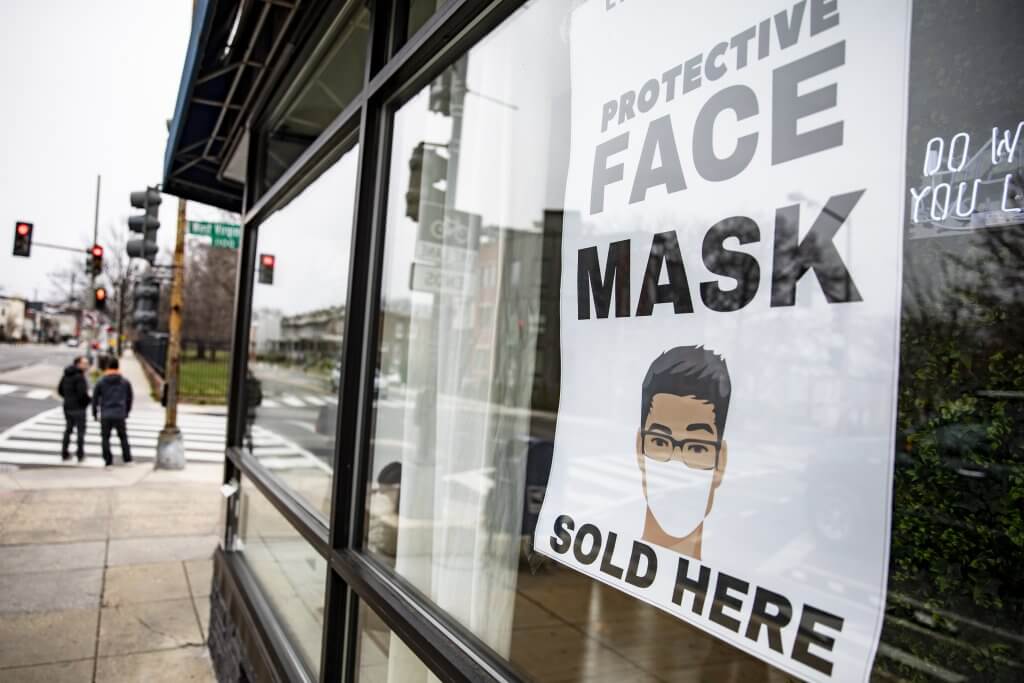Opinion: Race Data Is Critical But Must Be Seen to Be Believed

Governor Larry Hogan made the right call, after hearing from members of the Maryland General Assembly, by requiring that racial data related to COVID-19 cases be reported.
On Thursday, we saw confirmation that African Americans, who represent 42.7% of the reported cases, are disproportionately affected by this deadly virus.
Collecting this data is a critical first step. However, the information is of little use if it is only available in the governor’s press releases. It must be compiled in timely reports that provide actionable information for policy makers and others and it should also be posted on a regular basis on a publicly available website.
If the administration’s past practices are a precursor of their future approach, then legislators and others should note the paucity of relevant racial and ethnicity data now available on the website for the Maryland Department of Health’s Office of Minority Health and Health Disparities.
The most recent data on that website is from 2013. That is hardly actionable information that allows Maryland to address health disparities that infected our state before the coronavirus hit.
Those disparities are painfully evident in the state’s ranking as reported by United Health Foundation in its 2019
America’s Health Rankings. In that report, Maryland ranks 18th in the nation for overall health. However, for health disparities the state ranks a dismal 49th. (Disparities are defined there as the “difference between the percentage of adults ages 25 and older with at least a high school education, compared with those without, who reported their health is very good or excellent.”)
Social and cultural disparities that impact health are also evident in the contrast between the state’s 2nd place ranking for median household income, versus the less than stellar rankings of 33rd for underemployment and 35th for the annual unemployment rate.
We know that communities of color have a higher incidence of diabetes and heart disease. In Maryland our national rankings of 34th for diabetes and 23rd for heart disease raise concerns because they underlie the disparities that we see. At the same time they put African Americans at a higher risk of both being infected by, and dying of, the coronavirus.
It was this type of information that prompted Del. Nick Mosby (D-Baltimore City), Sen. Charles Sydnor (D-Baltimore County) and others to push for the collection of race-related coronavirus data. Governor Hogan responded on Tuesday by directing the state health lab toreport the figures and adding that the lab should “be as proactive as anyone in the nation” in doing so.
Within forty-eight hours of the governor’s order we have evidence that the members of our black community — families, friends, neighbors, and colleagues — are disproportionately impacted by the virus.
The first numbers show that 42.7% of the patients are African American — while those individuals make up less than 30% of Maryland’s population, based upon the 2010 census. A caveat, cited by the governor, is that data on race is not available for approximately 25% of the cases., mostly because when private labs process tests they do not record race. The state is working to address this, which is critical given Maryland’s high percentage of black residents.
Information being gathered now will be essential as the state moves to alleviate, where possible, the direct impact of the virus on African Americas and to plan for future public health crises, because they will arise and we must be better prepared. That information will also be important to address systemic issues in our health care system that are driving these disparities and to develop strategies to improve health outcomes for individuals.
Maryland has always prided itself on being a national leader and that leadership is apparent in steps that Governor Hogan has taken to address the pandemic. We applaud those efforts and appreciate the collection and release of the race-related data.
However, Marylanders must hold Governor Hogan and Secretary of Health Robert Neall accountable, not only to collect full and accurate information, but to ensure fundamental transparency.
Legislators, policymakers, researchers, consumer watchdogs and advocates must have access to timely and comprehensive data if we are to “flatten the curve” — not only on the coronavirus, but also on the disparities that have plagued our system for years.
— LENI PRESTON
The writer is an independent health policy expert.




 Creative Commons Attribution
Creative Commons Attribution